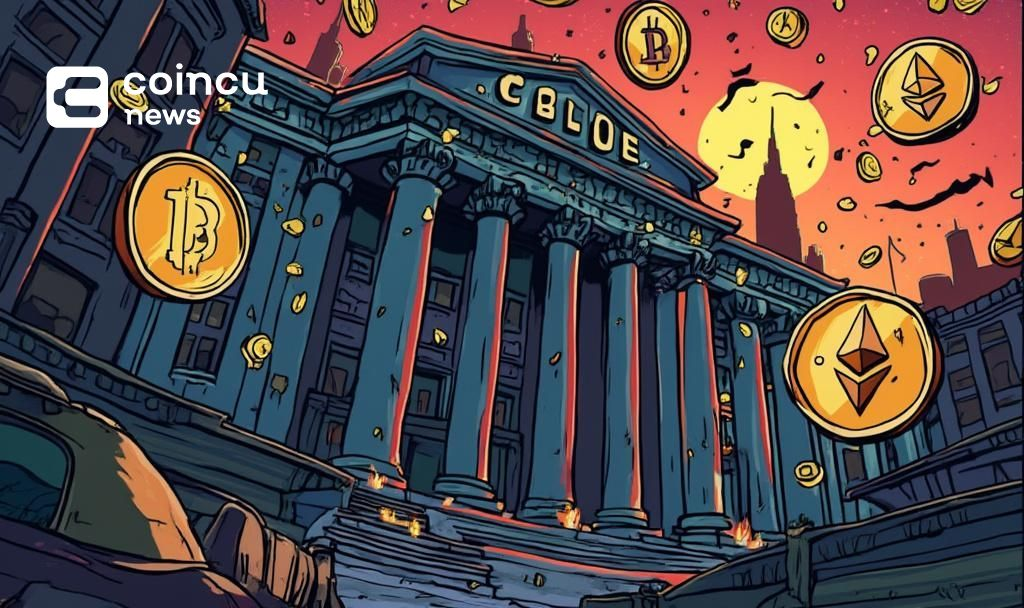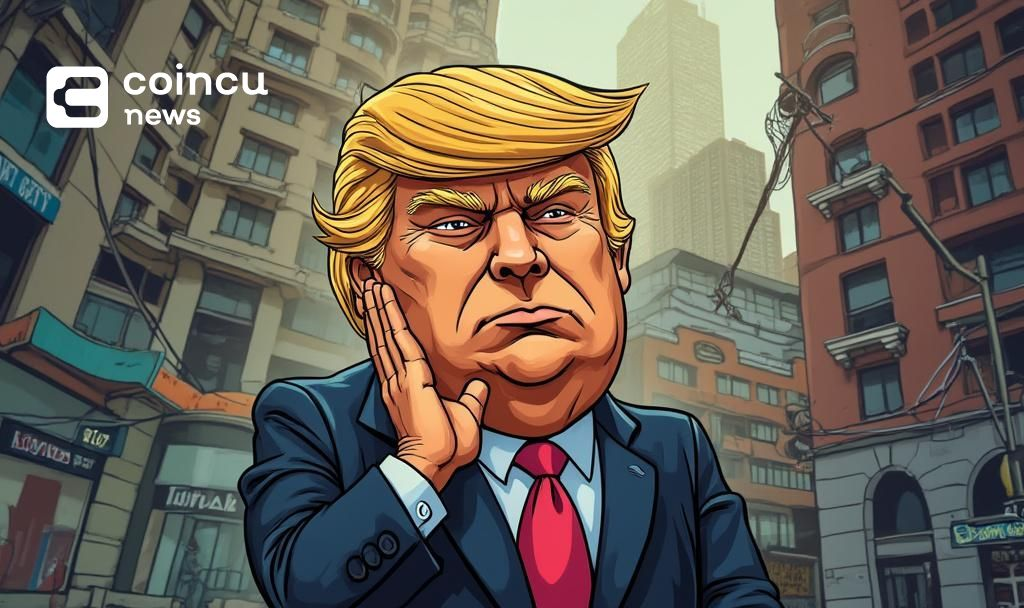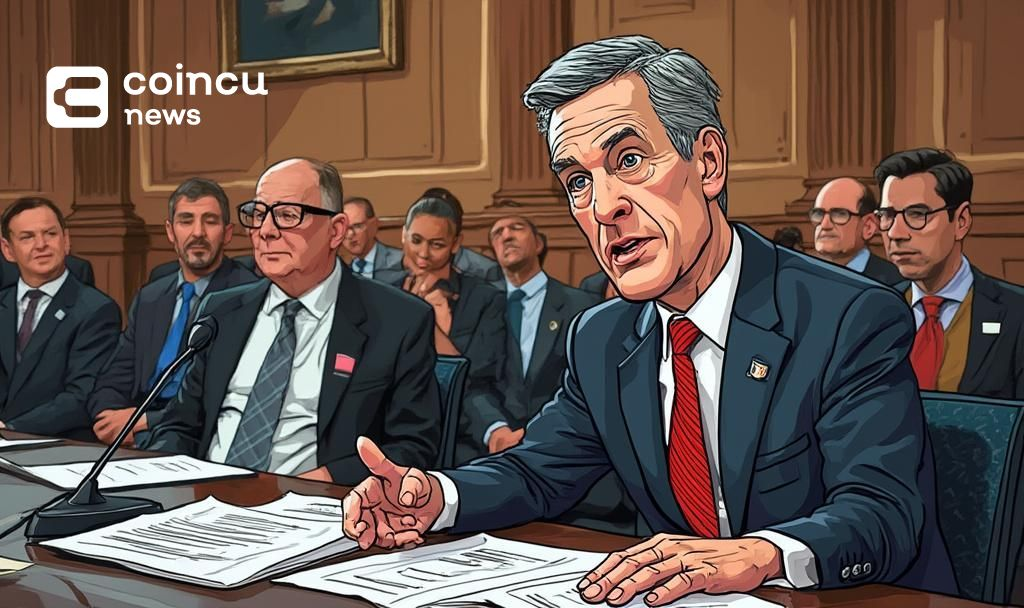$119316.941
At CoinCu News, we give both basic and in-depth articles on the latest news in the cryptocurrency and blockchain sectors.
Author
News
Economist Urges Powell to Resign as Fed Faces Political Pressure From Trump
Calls for Jerome Powell’s resignation grow amid rising political pressure, Fed independence concerns, and scrutiny
Jul
U.S. Senate Unveils New Cryptocurrency Regulation Proposal
Senators propose new U.S. cryptocurrency regulation framework focusing on clarity and oversight.
Jul
Hong Kong Customs Uncovers Major $1.15 Billion Money Laundering Scheme
Hong Kong investigates $1.15 billion cryptocurrency laundering involving stablecoins. Arrests highlight New Law impacts.
Jul
Five ETFs on CBOE Amend Filings for SEC Engagement
Five ETFs listed on CBOE amend filings amid SEC discussions, impacting Bitcoin and Ethereum spot
Jul
Alleged Interest Rate Cut by Trump Lacks Official Evidence
Alleged Trump interest rate cut lacks official confirmation from White House or financial institutions.
Jul
FBI Ends Investigation into Kraken Co-Founder Jesse Powell
FBI concludes investigation into Kraken's Jesse Powell, returns seized devices; case related to nonprofit, not
Jul
U.S. Congress Releases Draft on Crypto Market Structure
U.S. Congress introduces a draft discussion on cryptocurrency market reform, impacting major assets like Bitcoin
Jul
Federal Reserve Chair Powell Maintains Silence on Monetary Policy at Conference
Fed Chair Powell's recent conference speech avoids monetary policy remarks, signaling no crypto market shifts.
Jul
Jerome Powell to Address Fed Criticism Amidst Renovation Budget Controversy
Jerome Powell to speak at a regulatory meeting amidst controversy over the Fed's $25 billion
Jul
[tptn_list how_old="7" limit="5" title_length="0" heading="0" show_date="0" ]
[tptn_list how_old="30" limit="5" title_length="0" heading="0" show_date="0" ]





















